Expert Architect Reveals Critical Checks for Kenyan Home Buyers
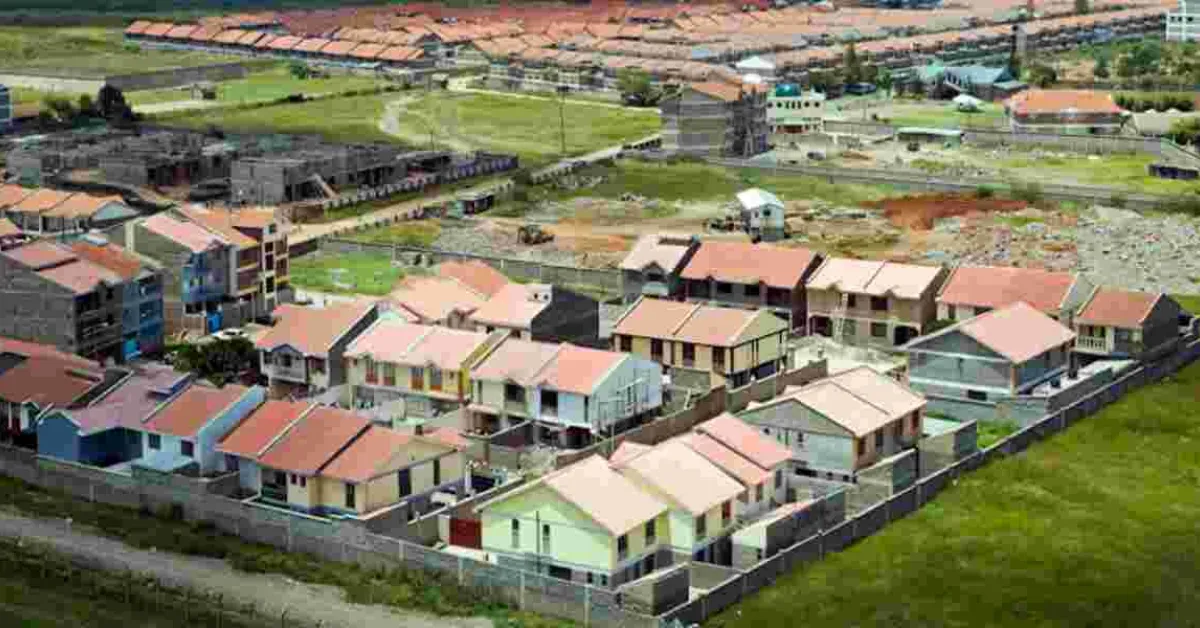
As the Kenyan housing market continues to expand, potential homebuyers are faced with the daunting task of finding their ideal property amidst an array of options.
According to Kelvin Kinoti Laichena, an experienced architect and contractor, making a well-informed decision requires more than just browsing listings; it demands a thorough analysis of each property to ensure a sound investment. Laichena asserts that involving an architect in the home-buying process can be instrumental. While real estate agents primarily focus on facilitating sales, they may overlook crucial technical details that could affect long-term homeowner satisfaction.
An architect brings a comprehensive evaluation to the table, assessing structural integrity, material quality, and potential issues such as hidden foundation cracks or inadequate drainage systems. This specialized insight extends beyond mere problem identification; architects also consider the property's compatibility with the buyers’ present and future needs, including factors like natural light, ventilation, and renovation possibilities.
Such assessments can safeguard homeowners from unexpected repair costs and help ensure that their new property meets their standards.
Initial impressions during home tours can yield significant insights. Buyers should begin their evaluation by inspecting the property's exterior. Observations such as wall conditions, paintwork integrity, gate functionality, and landscaping care offer indications of overall property maintenance.
Furthermore, any unusual odours—such as dampness or mould—may signal underlying ventilation or plumbing issues. Inside the home, the functionality of windows and doors should be tested. Sticking doors and windows might suggest deeper structural problems, while noise levels should be monitored to assess potential impacts on comfort. These preliminary checks are vital in determining whether a property merits further consideration or if it poses potential challenges down the line.
Structural soundness is another critical aspect that homebuyers should assess closely. While deep expertise is not necessary, there are observable indicators of potential issues. Buyers should scrutinize the foundation for evenness and check for cracks around doors and windows or water stains on ceilings, which are all warning signs. The roof is equally important; signs of sagging, missing tiles, or the age of the roof itself should be taken into account, as older roofs may necessitate replacement sooner rather than later.
For any significant concerns, it is advisable to consult with an architect or structural engineer, as today’s minor issues could escalate into costly repairs in the future. Additionally, several maintenance concerns can be subtle yet ultimately expensive if neglected. Common plumbing issues warrant careful attention; buyers should check the water pressure in taps and showers and observe drainage speed, as slow drainage may reveal blockages or design flaws.
Inquiries about the waste management system are also crucial, regardless of whether it connects to a septic tank, biodigester, or municipal sewer system.
Furthermore, assessing the electrical system for flickering lights or malfunctioning outlets is important, as these issues might indicate outdated wiring. Such maintenance checks, often overlooked, are essential for ensuring long-term homeowner satisfaction.


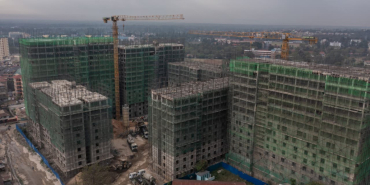

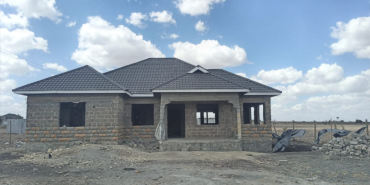

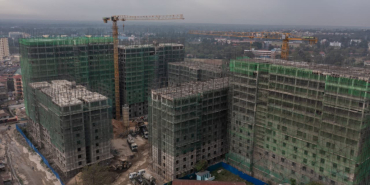
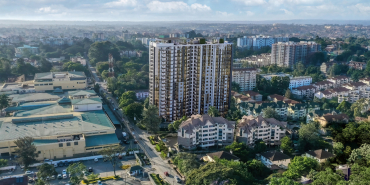






Add new comment